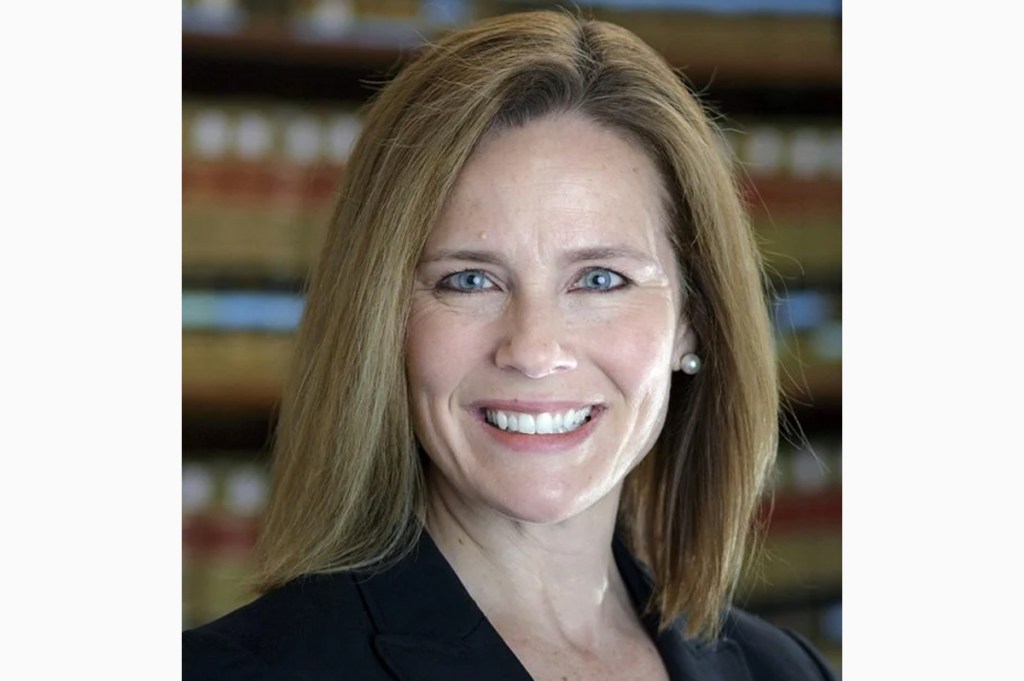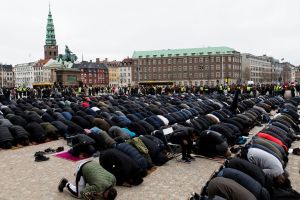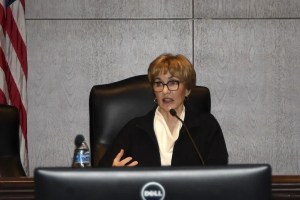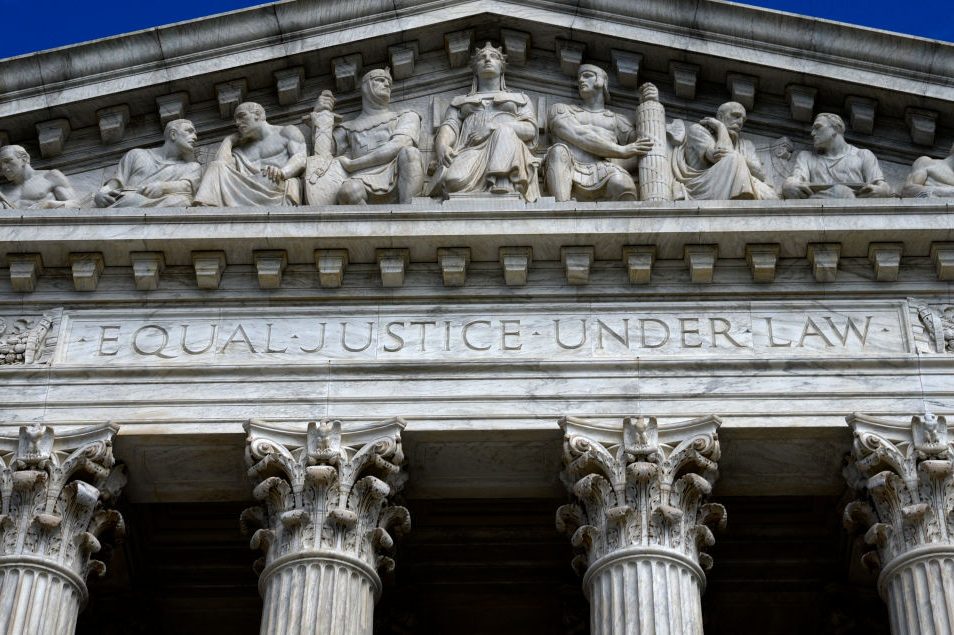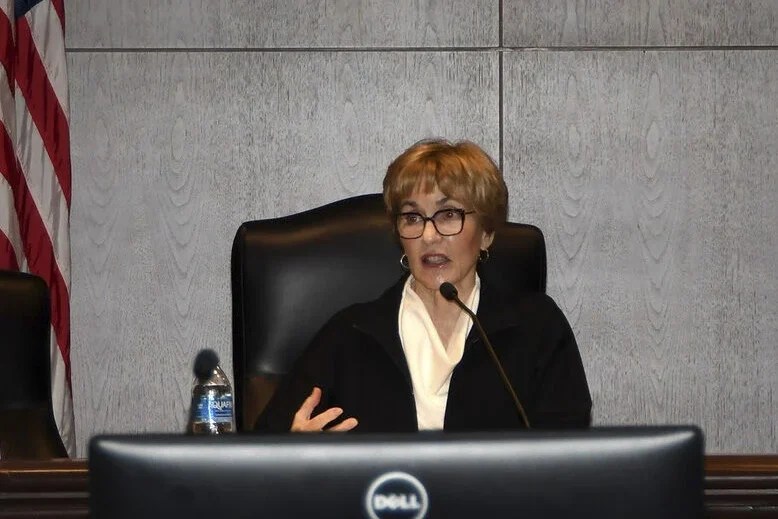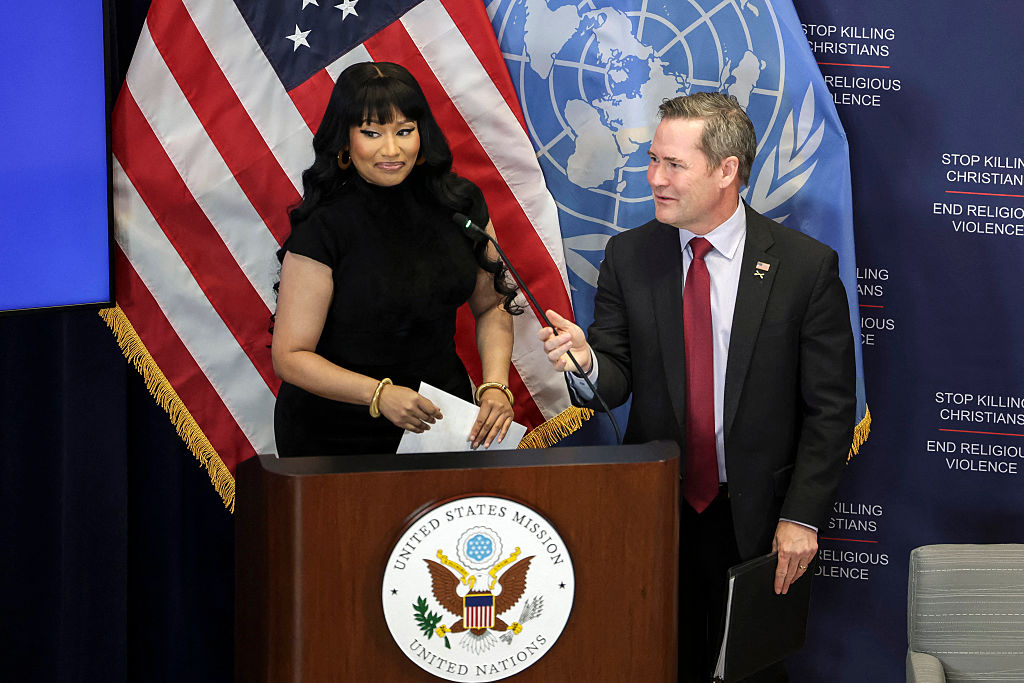Oooff! If you’re to go by Twitter — not always a good idea — there’s one thing not to like about Amy Coney Barrett, Donald Trump’s potential nominee to replace Ruth Bader Ginsburg and that’s her religion: Catholicism. The Washington Post’s Ron Charles quoted her saying that ‘a legal career is but a means to an end…and that end is building the kingdom of God’. Cue for others to pile in to the effect that there’s meant to be a separation of church and state in the US, and others witheringly observing that it’s not far to go from here to overturning Roe v. Wade. You can expect the quote to be widely circulated in the next few days.
In fact, the damning extract is from the address Professor Coney Barrett gave to her departing law graduates at Notre Dame University, a Catholic institution, in 2006; she was telling them that they were expected to be a different type of lawyer. And yes, the conclusion was as she’s quoted above.
But the entire address is worth reading (you can here) as an expression of her values. They’re rather different from those you’d expect. Abortion isn’t mentioned, period.
She does however, make clear the limits of the differences between Notre Dame lawyers and others:
‘There are certainly many respects in which you will not be any different from your peers who have graduated from other law schools. To begin with, being a different kind of a lawyer does not mean that you have mastered a different body of law. There is no Catholic version of the Federal Rules of Civil Procedure, and the movie My Cousin Vinny taught you the same evidentiary principles observed by Domers and non-Domers alike. The law is a discipline, and it is one in which you are now well trained. When you begin your jobs, you will be able to hold your own with other graduates of the best law schools. Sometimes we’re tempted to say that a Notre Dame lawyer is a different kind of lawyer because he or she is an ethical lawyer. But that can’t be right. Our profession is in pretty deep trouble if the only ethical lawyer is the different one. When you leave here, hold yourselves to the highest ethical standards, and be leaders in that regard. But maintaining high ethical standards ought to be something that characterizes our whole profession—not something that causes Notre Dame lawyers to stand apart.’
So what does? She suggests that the graduates should have a particular concern with social justice and gives the examples of lawyers who have done public service work, including victims of sex trafficking. Nothing Amal Clooney wouldn’t like there. But she says that there should be another aspect to her graduates’ careers: ‘for so many lawyers, the practice of law quickly becomes an end in itself, for the satisfaction, prestige, or money it brings. Don’t let that happen to you; set your sights higher than that. No matter how exciting any career is, what is it really worth if you don’t make it part of a bigger life project to know, love, and serve the God who made you?’
That, it strikes me, isn’t trampling over the division between Church and State (actually the constitution talks about no church being established, which is a bit different). It’s simply putting the practice of law into a different perspective. It could easily be applicable to a Jewish lawyer, such as the late RBG, though I’m guessing she wouldn’t have put it like that. Another way Amy C-B says graduates can set themselves apart is by putting 10 percent of their earnings towards others…church, charities or friends/acquaintances in need. When’s the last time you’ve met a lawyer who forfeits 10 percent?
So, I don’t think Ron Charles’s scare quote should frighten the horses; au contraire, Mr Charles. Perhaps there is a case for some sort of positive discrimination to advance that under-represented group on the Supreme Court, white American Protestants, but that’s another story.
[special_offer]
As it happens, Amy Coney-B isn’t my idea of a Supreme Court justice. She’s still young at 48 by comparison with the late Ruth B-G, who looked and sounded a tough nut; this professor looks like Nicole Kidman, for all her seven children (two adopted from Haiti). Neither do I care for the sound of the People of Praise group she is said to belong to…it sounds evangelical rather than Catholic — but then I’m allergic to charismatic religion.
But on the actual issue of whether she’d be a competent Supreme Court justice, she sounds perfectly plausible. Her take on the Constitution is that you should respect the intentions of the makers of that Constitution, which is a view taken by more than one judge on the court at present.
And further, she’d be a woman replacing a woman, if that’s your priority. I thought feminists were meant to be in favor of a greater gender balance on the court. Or is it just a particular kind of woman who counts?



